

Share
30th November 2021
12:52pm GMT

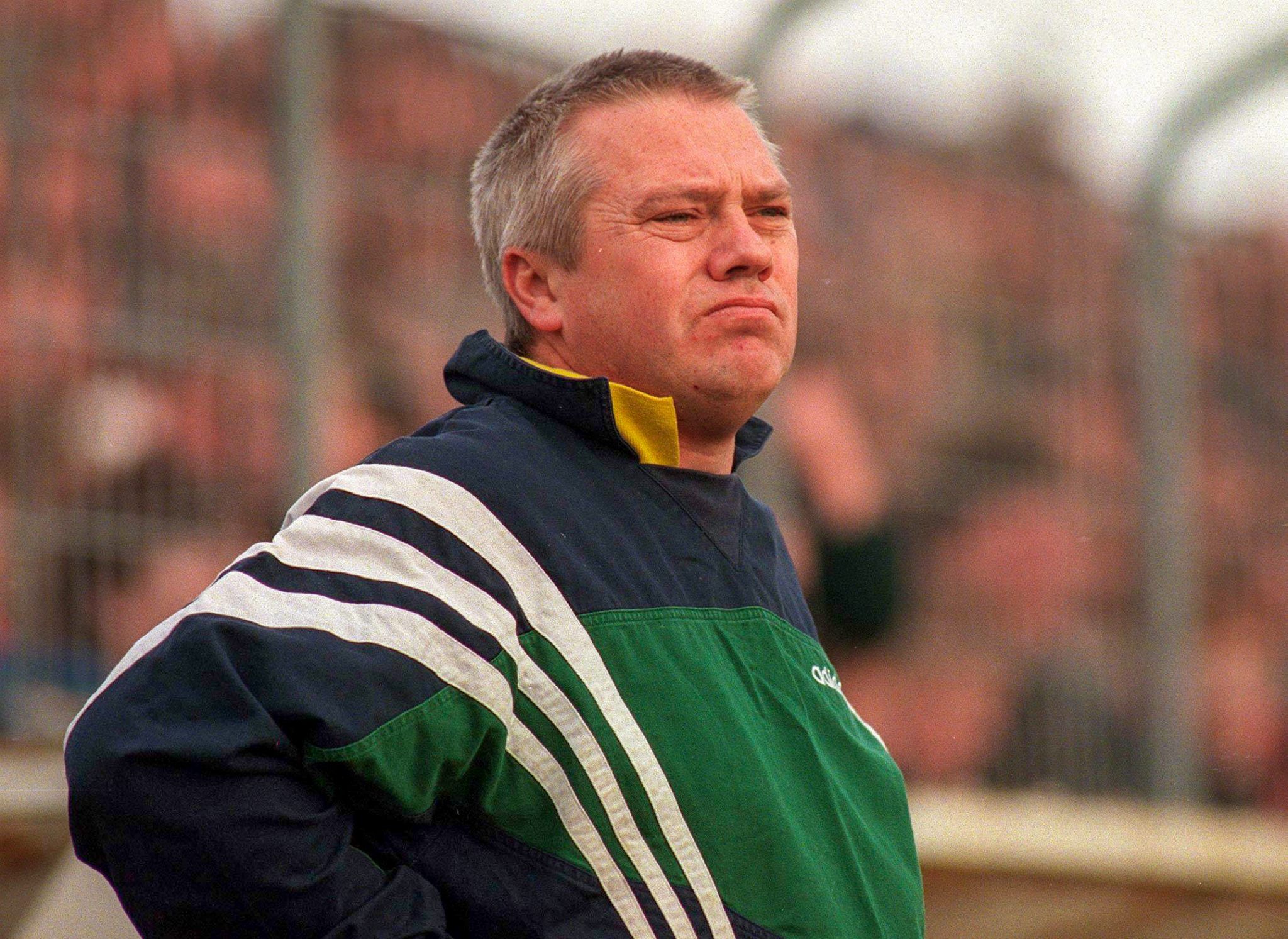 Players are the core to every team and they can revolt if they believe you are not the right person for the job, so not only do you have to be spot on with your tactics, training and team selection, but your man management is crucial.
Ultimately though, you are judged on results, and not always fairly, because if a team wins, often the praise correctly goes to the team and whoever played well in that game.
But when losses occur, the only person that really takes the blame is the manager, so with everything to lose, your reputation on the line, and constant fires to put out, why are so many people addicted to it?
Mickey Harte managed Tyrone Gaelic football teams from minors, to u21s and then seniors, for 30 consecutive years with no breaks, and when the end of his tenure finally came, the three-time All-Ireland winner jumped straight back into the fire with Louth.
[caption id="attachment_242375" align="alignnone" width="1966"]
Players are the core to every team and they can revolt if they believe you are not the right person for the job, so not only do you have to be spot on with your tactics, training and team selection, but your man management is crucial.
Ultimately though, you are judged on results, and not always fairly, because if a team wins, often the praise correctly goes to the team and whoever played well in that game.
But when losses occur, the only person that really takes the blame is the manager, so with everything to lose, your reputation on the line, and constant fires to put out, why are so many people addicted to it?
Mickey Harte managed Tyrone Gaelic football teams from minors, to u21s and then seniors, for 30 consecutive years with no breaks, and when the end of his tenure finally came, the three-time All-Ireland winner jumped straight back into the fire with Louth.
[caption id="attachment_242375" align="alignnone" width="1966"]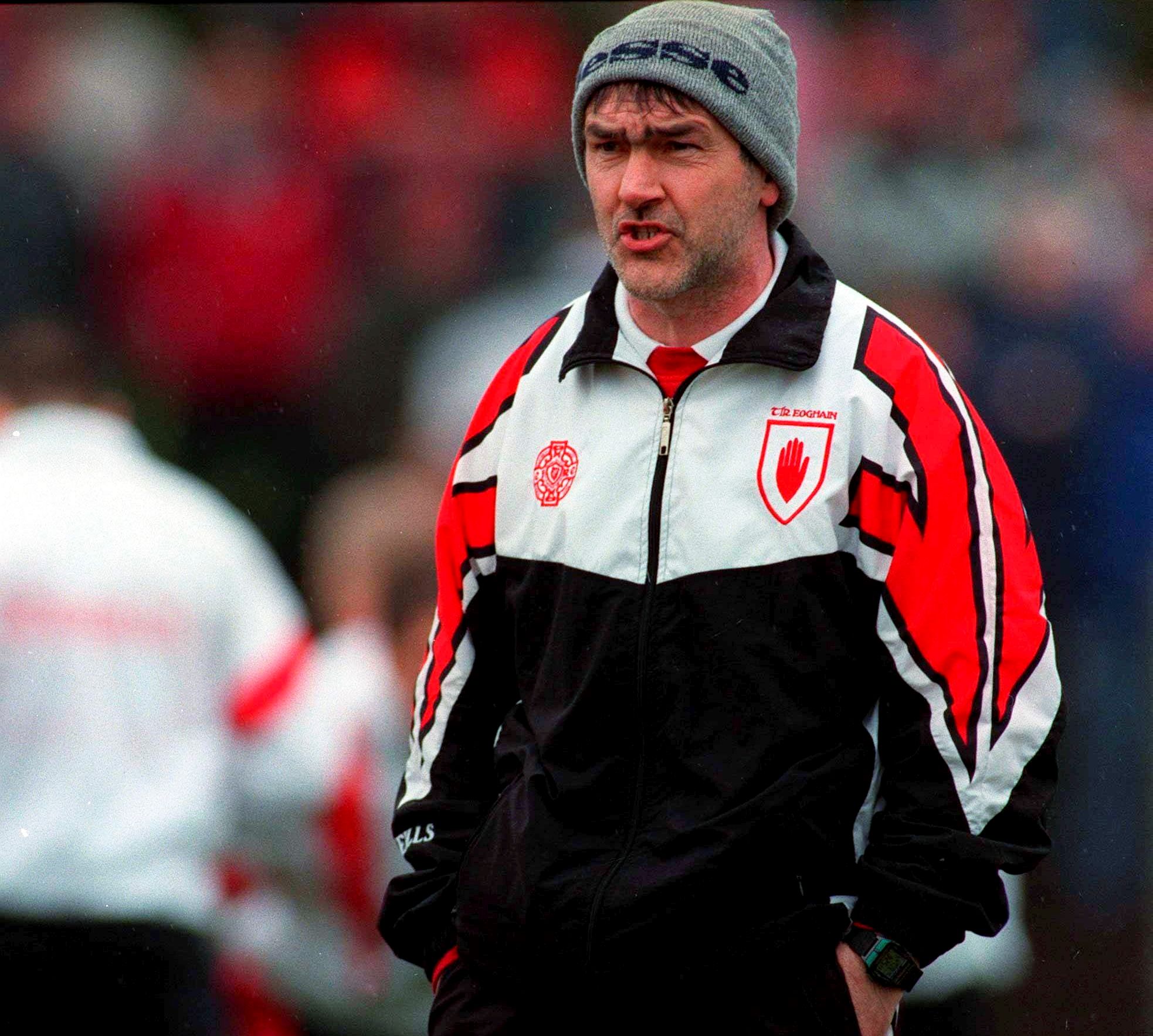 Photo by Damien Eagers/Sportsfile[/caption]
Despite dedicating such an enormous part of his life to managing his home county, he could not stand to be away from the job for even one single season.
Davy Fitzgerald has just been announced as part of the Cork ladies' camogie coaching team, meaning that for the 36th consecutive year, he will be involved in the inter-county game as either a player, coach or manager.
Anyone who has ever seen the Clare native on the sideline of matches, would swear that he doesn't enjoy being there, as he's constantly waving his hands in frustration or screaming instructions to his players
However, love clearly comes in different forms, and there's no doubt that Davy Fitzgerald absolutely loves this game.
Photo by Damien Eagers/Sportsfile[/caption]
Despite dedicating such an enormous part of his life to managing his home county, he could not stand to be away from the job for even one single season.
Davy Fitzgerald has just been announced as part of the Cork ladies' camogie coaching team, meaning that for the 36th consecutive year, he will be involved in the inter-county game as either a player, coach or manager.
Anyone who has ever seen the Clare native on the sideline of matches, would swear that he doesn't enjoy being there, as he's constantly waving his hands in frustration or screaming instructions to his players
However, love clearly comes in different forms, and there's no doubt that Davy Fitzgerald absolutely loves this game.
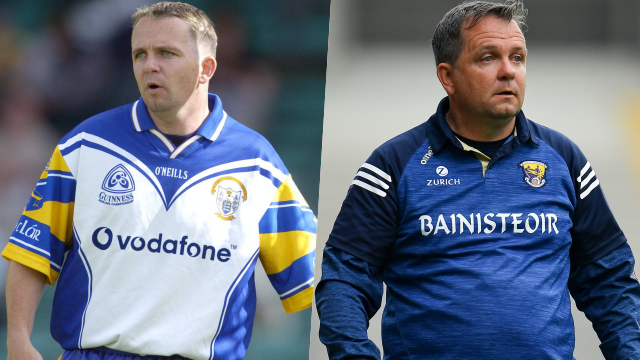 Then you look at the likes of James McCartan and Jack O'Connor, who seemingly achieved the ultimate goal for any manager, which is to take charge of their native counties.
Even that wasn't enough, with both returning as Down and Kerry managers this year again, nearly a decade on from their last stints.
Every coach and manager is different, but the love of the game is what brings them back first and foremost, and there are other traits that you will find in every good manager.
Conviction is a big one; an undeniable belief that their system, their choices, or their training is the absolute correct way to bring things forward, so much so that it pains them to watch others use different methods.
Then you look at the likes of James McCartan and Jack O'Connor, who seemingly achieved the ultimate goal for any manager, which is to take charge of their native counties.
Even that wasn't enough, with both returning as Down and Kerry managers this year again, nearly a decade on from their last stints.
Every coach and manager is different, but the love of the game is what brings them back first and foremost, and there are other traits that you will find in every good manager.
Conviction is a big one; an undeniable belief that their system, their choices, or their training is the absolute correct way to bring things forward, so much so that it pains them to watch others use different methods.
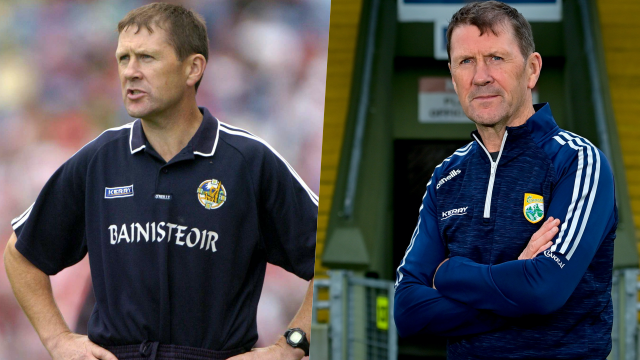 I mentioned on the GAA Hour, how every manager is a little bit of a control freak, in the sense that they love being the person who can make the big decisions.
How often have you found yourself in a training session, wondering why on earth you are doing some pointless drill, or listening to a team being announced, and just being completely bewildered by the manager's choices?
Well when you're in charge, you finally get to be the one who makes those choices, you have full range and freedom to train and play the team as you see fit.
The most magical, satisfying thing about being a manager however, is when it all clicks and the team finally buy into your way of thinking, and results start to steam roll.
I mentioned on the GAA Hour, how every manager is a little bit of a control freak, in the sense that they love being the person who can make the big decisions.
How often have you found yourself in a training session, wondering why on earth you are doing some pointless drill, or listening to a team being announced, and just being completely bewildered by the manager's choices?
Well when you're in charge, you finally get to be the one who makes those choices, you have full range and freedom to train and play the team as you see fit.
The most magical, satisfying thing about being a manager however, is when it all clicks and the team finally buy into your way of thinking, and results start to steam roll.
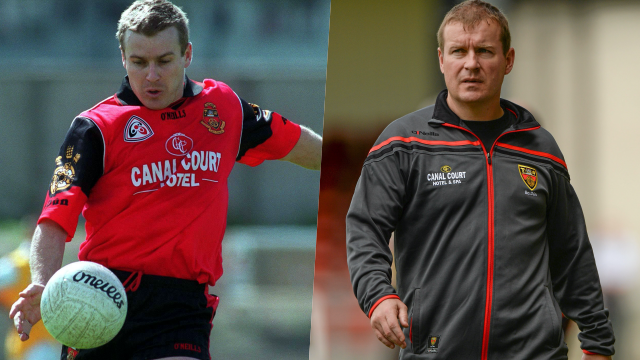 You have been like a broken record at training, drilling the same ideologies and tactics, whether it's demanding that players track back, or that they support the play when they attack.
Suddenly you get a big win, the players start to see that the proof is in the pudding, and nearly all at one they seem to play together in a systematic way, almost automatically knowing how to react collectively to situations.
The leaders on the pitch take charge and they preach your gospel, as they organise the defensive shape you set out, or the kick out strategy you put in place.
Whatever you think of Jim McGuinness as a tactician or coach, he was the absolute master of getting his teams to buy into his way of thinking.
You have been like a broken record at training, drilling the same ideologies and tactics, whether it's demanding that players track back, or that they support the play when they attack.
Suddenly you get a big win, the players start to see that the proof is in the pudding, and nearly all at one they seem to play together in a systematic way, almost automatically knowing how to react collectively to situations.
The leaders on the pitch take charge and they preach your gospel, as they organise the defensive shape you set out, or the kick out strategy you put in place.
Whatever you think of Jim McGuinness as a tactician or coach, he was the absolute master of getting his teams to buy into his way of thinking.
 After one season with the Glenties man, he will have you believe that if you follow him to the letter of the law, that you will be the best player on the pitch, with the best team in the country.
The irony of it all, is that you spend so much time creating a collective, with every emphasis being on team work, selflessness and sacrificing your own pride for the sake of the squad, when much of the reward is the inflation of your own ego.
That's not to say that these great coaches don't have the club or county's best interest right at the forefront of their priorities, but you wouldn't be human if you didn't feel a great sense of pride, creating this winning environment.
After one season with the Glenties man, he will have you believe that if you follow him to the letter of the law, that you will be the best player on the pitch, with the best team in the country.
The irony of it all, is that you spend so much time creating a collective, with every emphasis being on team work, selflessness and sacrificing your own pride for the sake of the squad, when much of the reward is the inflation of your own ego.
That's not to say that these great coaches don't have the club or county's best interest right at the forefront of their priorities, but you wouldn't be human if you didn't feel a great sense of pride, creating this winning environment.
 Lastly, the common attribute that all of these coaches have, is an insatiable competitive streak, which simply can't be satisfied.
All coaches and managers were players at one time or another, and with nothing to fill the gap of competing, then being the person in charge is the next best thing.
Why else would someone like Brian Cody, who has won an unbelievable 11 All-Ireland titles, still continue the hunt for more?
It's because he, like so many others, is purely addicted to coaching.
Lastly, the common attribute that all of these coaches have, is an insatiable competitive streak, which simply can't be satisfied.
All coaches and managers were players at one time or another, and with nothing to fill the gap of competing, then being the person in charge is the next best thing.
Why else would someone like Brian Cody, who has won an unbelievable 11 All-Ireland titles, still continue the hunt for more?
It's because he, like so many others, is purely addicted to coaching.Explore more on these topics: